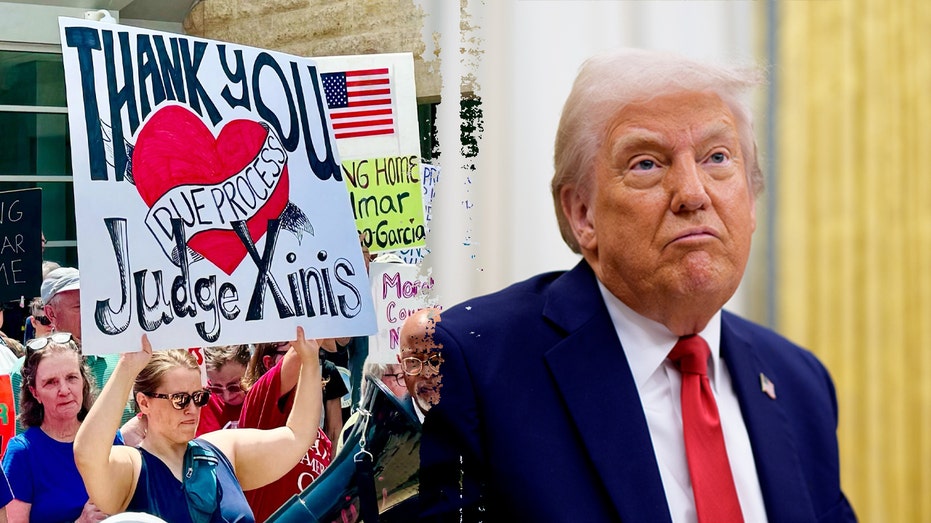US Judge Condemns Trump Lawyers' Last-Minute Tactics in MS-13 Deportation Case
Judge Xinis denies Trump administration's extension request in Abrego Garcia case, citing their self-created burden.

A federal judge in Maryland sharply rebuked lawyers representing the Trump administration on Tuesday for their handling of a high-profile deportation case involving Kilmar Armando Abrego Garcia, a Salvadoran migrant alleged to have ties to the MS-13 gang. The deportation, which the government has acknowledged was an administrative error, has fueled a protracted legal battle over the status of Abrego Garcia and the administration’s compliance with court orders.
U.S. District Judge Paula Xinis denied a Justice Department request for a 30-day extension to respond in the case, remarking that government attorneys waited until "the very day" their filing was due before requesting more time. In her ruling, Xinis noted the lack of justification from the administration, saying they "expended no effort in demonstrating good cause" to delay proceedings and criticizing their claims about the burdens of expedited discovery as "burdens of their own making."
"The court has conducted no fewer than five hearings in this case and at no point had defendants even intimated they needed more time to answer or otherwise respond," Xinis wrote. She said that arguments for additional time "ring hollow" given the history of delays and non-compliance. Despite an order from the Supreme Court earlier this year instructing the administration to "facilitate" Abrego Garcia's return, Xinis pointed out that the Trump team has repeatedly failed to adhere to her deadlines.
Later on Tuesday, the administration filed a motion to dismiss the case, arguing the court lacks jurisdiction. Judge Xinis has yet to rule on this new motion. The filing is the latest maneuver in a lengthy court fight over whether U.S. officials are meeting their obligations to attempt to rectify what they now call an administrative mistake in Abrego Garcia’s removal.
Since April, Judge Xinis has maintained an expedited discovery schedule, aimed at determining the extent to which the administration is complying with orders to bring Abrego Garcia back to the United States. Tensions have run high in the courtroom, with both Justice Department lawyers and Abrego Garcia's attorneys clashing repeatedly over the interpretation of what it means to "facilitate" his return.
Xinis has previously described the government’s responses as "vague, evasive and incomplete," and accused officials of displaying a "willful and bad faith refusal to comply with discovery obligations." She also admonished the administration for attempting to invoke the state secrets privilege in a "footnote that referenced a filing in a different case before a different federal judge," rejecting such tactics as inadequate.
The controversy comes amid sustained allegations from Trump officials regarding Abrego Garcia’s purported gang affiliations. However, formal evidence linking him to MS-13 has not been produced. Judge Xinis has grown increasingly critical of the administration’s lack of transparency, particularly after hearing repeated refusals or professions of ignorance from officials. "I can’t count the number of ‘I don’t knows’ my wonderful clerks and I have heard," she remarked in court, referencing depositions from Trump-era appointees.
This dispute is part of a broader clash between the Trump administration and the federal courts over the use of the Alien Enemies Act—a law dating back to 1798—to expedite the removal of migrants. Despite a series of court rulings ordering their return, the federal government has yet to comply with mandates to bring back individuals, like Abrego Garcia, who were sent to El Salvador on early deportation flights.
While it remains unclear whether Judge Xinis will initiate contempt proceedings, another federal judge, James Boasberg, has already found probable cause to consider such action against the administration. As the legal standoff continues, Abrego Garcia remains in El Salvador, his fate entangled in a case that underscores the ongoing tension between federal authority and judicial oversight in U.S. immigration policy.




